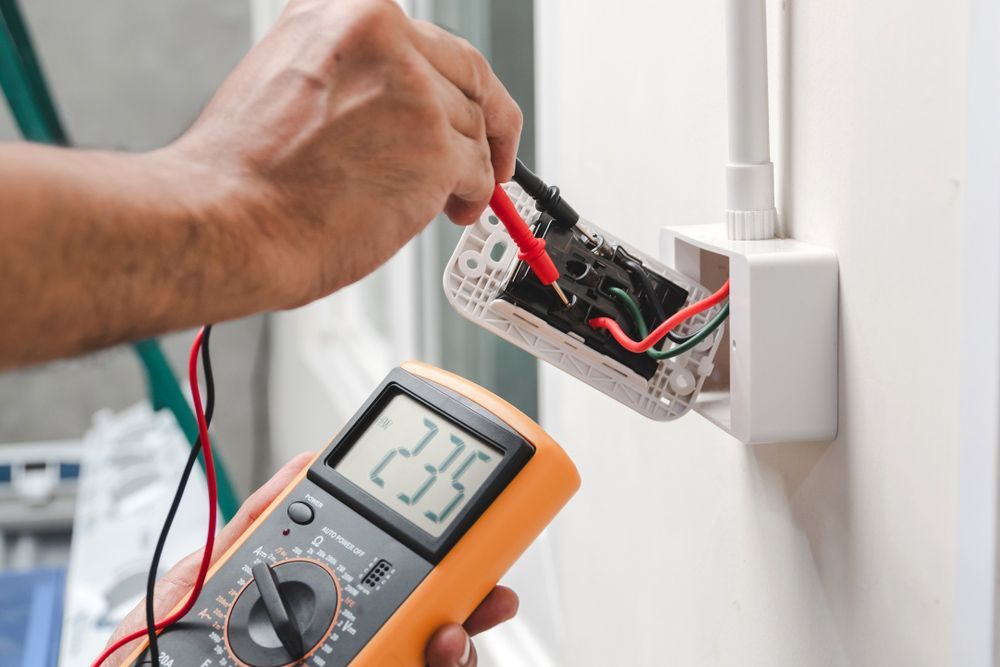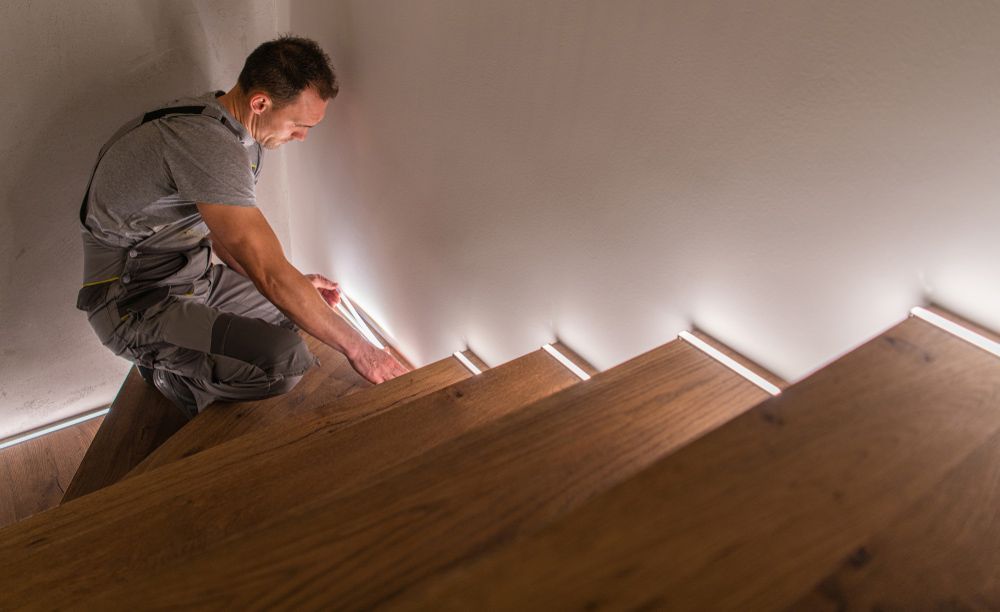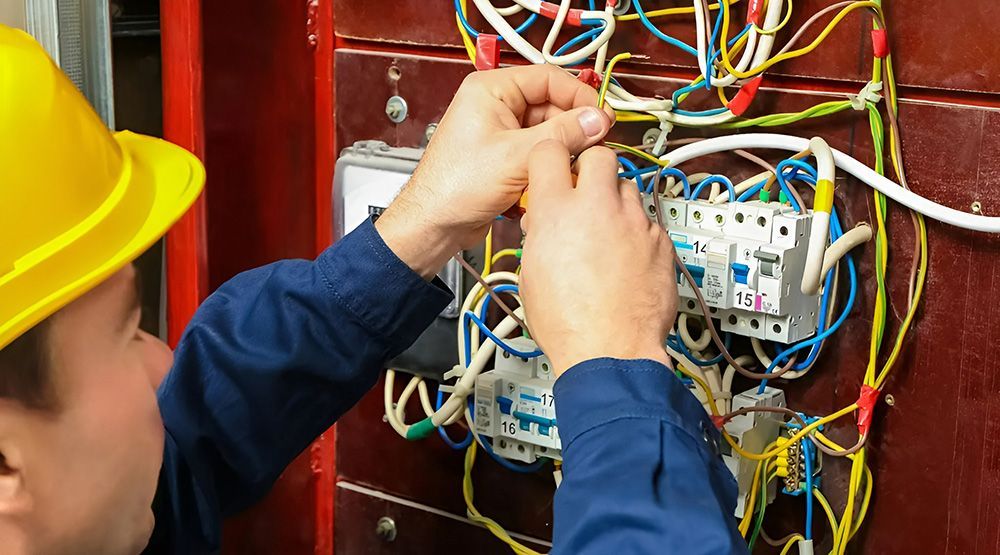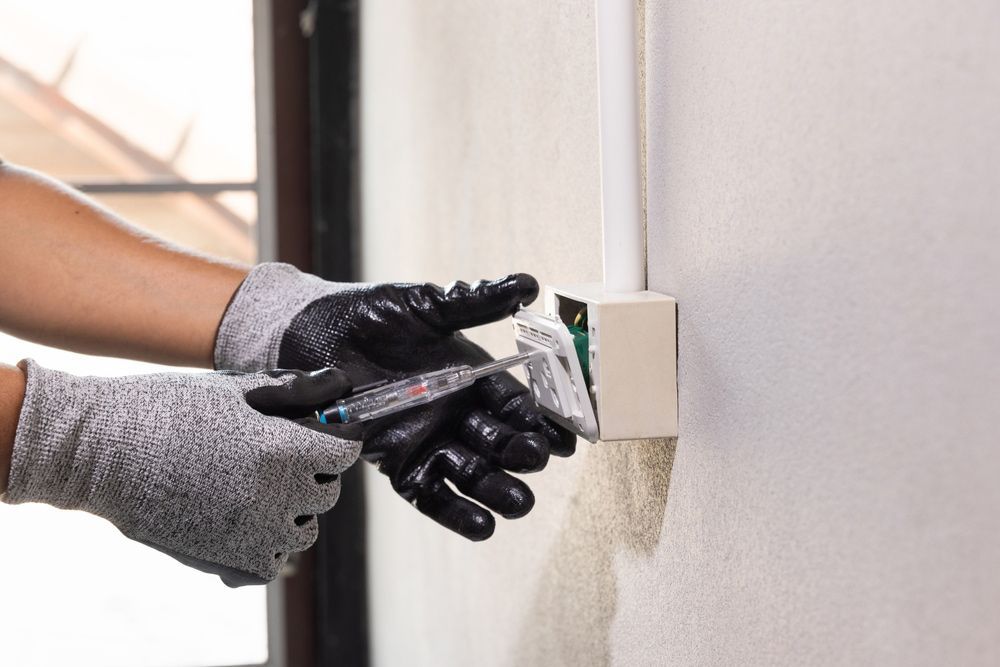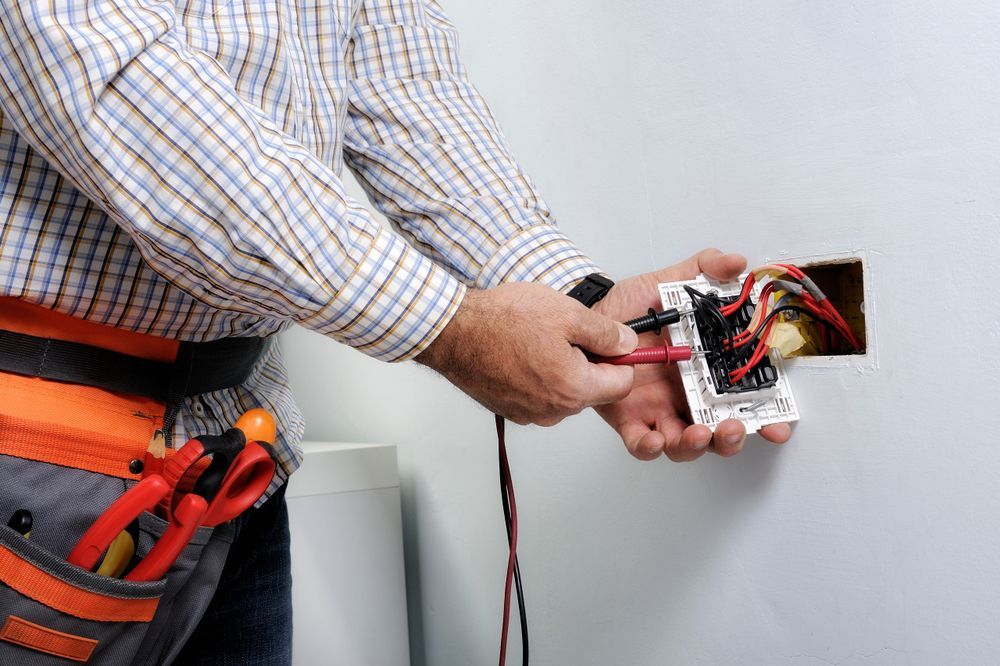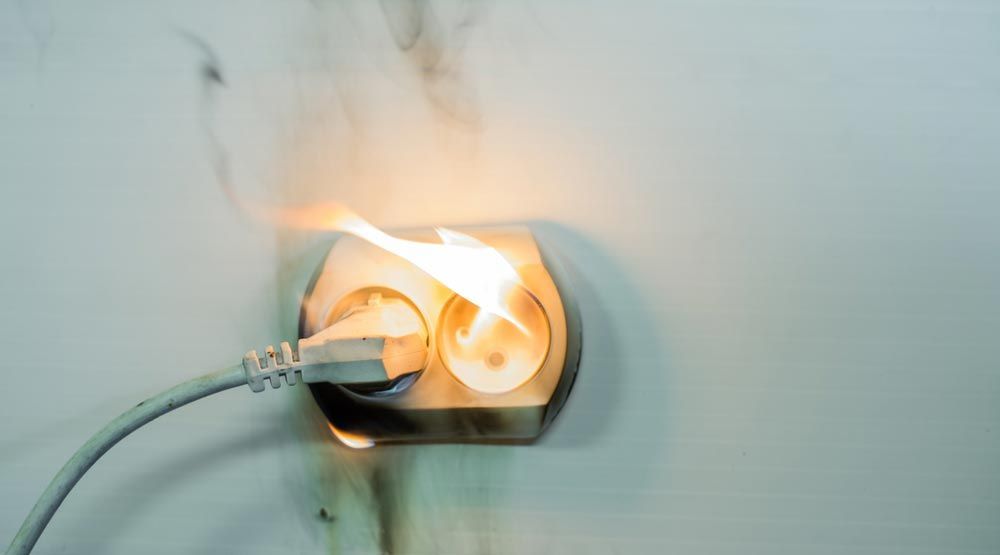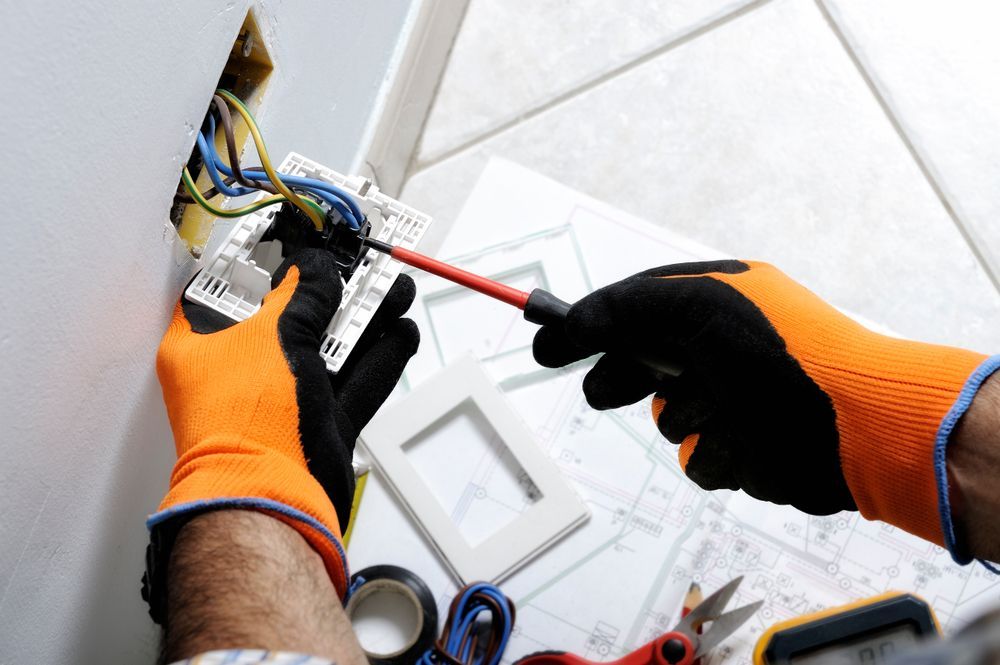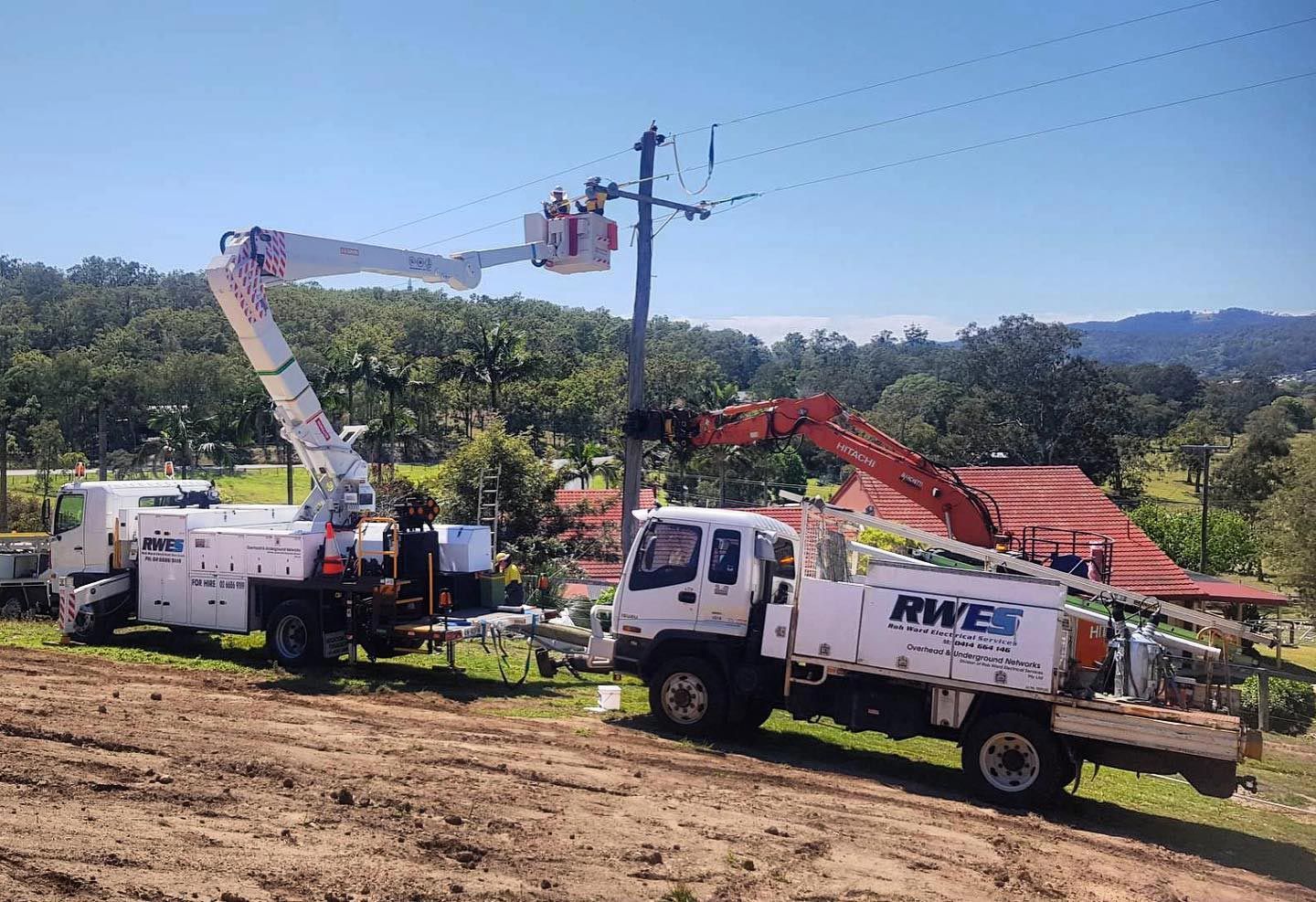What Is A Short Circuit? & How To Avoid It
A short circuit is a common electrical issue that can cause dangerous situations and potentially damage your electrical system. The problem occurs when an electrical current strays from its intended path and travels along an unintended route, typically through a low-resistance conductor. This can lead to an overload in the system, creating excessive heat, sparks, or even fires. Understanding the causes, signs, and ways to avoid short circuits can help you maintain a safe and efficient electrical system. In this blog, we'll explore these aspects and offer recommendations on what to do if you suspect a short circuit.
Causes of Short Circuits
Damaged or worn-out wiring: Over time, the insulation on electrical wires can wear down, exposing the conductive material. When these exposed wires come into contact with other conductive materials, such as metal, it can create a short circuit.
Overloaded circuits: Plugging in too many appliances or devices into a single circuit can cause an overload, leading to a short circuit as the excessive current flows through the path of least resistance.
Faulty appliances or devices: Malfunctioning electrical equipment can cause internal shorts, resulting in a short circuit within the device.
Water & moisture: Water is a good conductor of electricity. If water or moisture gets into your electrical system, it can create a short circuit by providing an unintended path for the electrical current.
Signs of a Short Circuit
Frequent tripping of circuit breakers: A short circuit often causes circuit breakers to trip as a safety measure to prevent damage to your electrical system.
Flickering or dimming lights: When a short circuit occurs, it can cause fluctuations in the electrical current, resulting in flickering or dimming lights.
Burning smell or visible sparks: A short circuit generates excessive heat, which can produce a burning smell or even visible sparks near the source of the problem.
Discoloured or warm outlets & switches: Overheating due to a short circuit can cause discolouration or warmth around outlets and switches.
Avoiding Short Circuits
Regularly inspect & maintain your electrical system: Routine inspection and maintenance can help identify potential issues before they become major problems.
Don't overload circuits: Avoid plugging too many devices into a single outlet or circuit to prevent overloading.
Use surge protectors: These devices help protect your electrical system from power surges, which can cause short circuits.
Keep water & moisture away from electrical components: Ensure that your electrical system is properly sealed, and avoid using electrical devices in damp areas.
What to Do if You Have a Short Circuit
Turn off the power: If you suspect a short circuit, immediately turn off the power at the main switch to prevent further damage or injury.
Locate the source: Carefully examine your electrical system to identify the source of the short circuit.
Consult a professional: If you're unsure about the cause or severity of the short circuit, contact a licensed electrician to assess and repair the problem.
Short circuits can pose a serious risk to both your electrical system and your safety. By understanding the causes, signs, and ways to avoid short circuits, you can maintain a secure and efficient electrical system. If you're in the Northern Rivers region and need professional assistance with short circuits or any other electrical issues, Rob Ward Electrical Services offers professional services to ensure your home or business stays safe and well-maintained.


